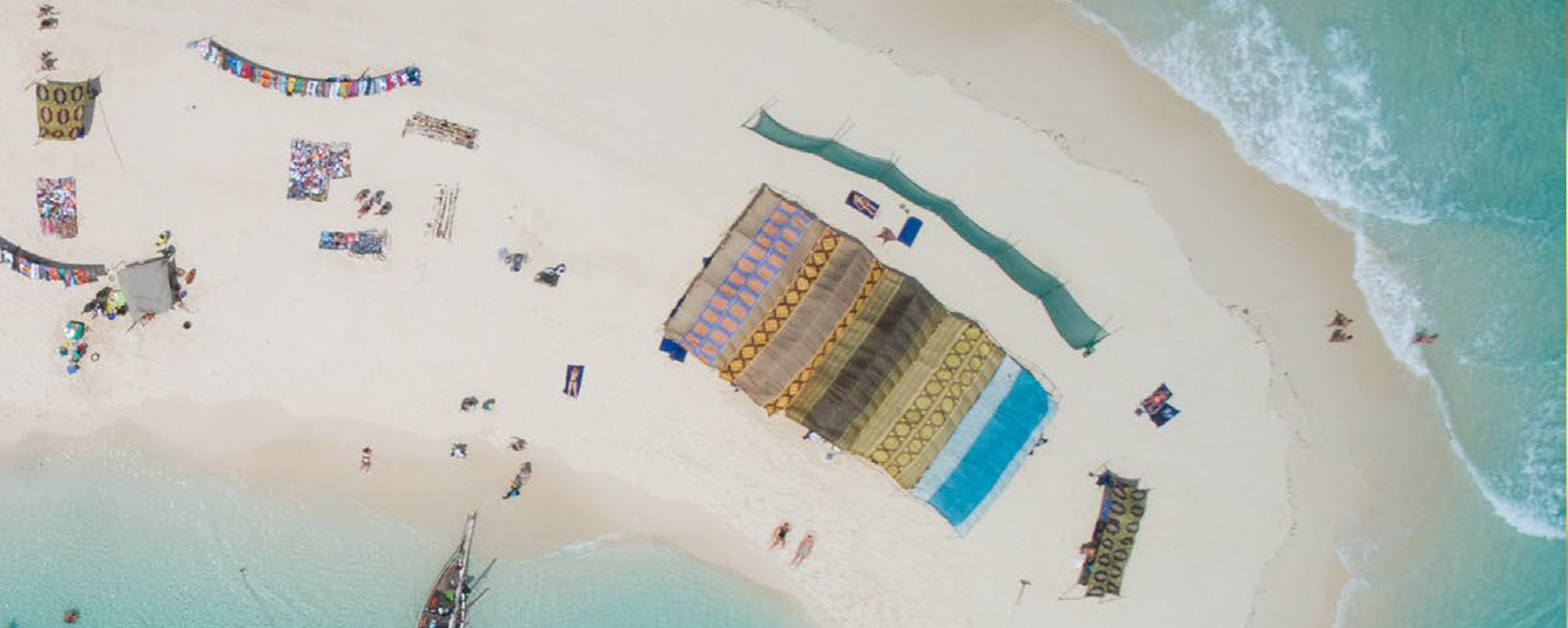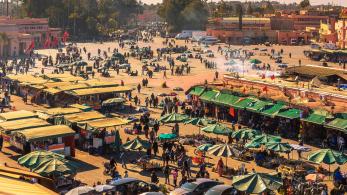Africa News | Volume 21. May 2022
International tourism is experiencing a start to 2022 marked by an increased number of destinations around the world easing travel restrictions. International tourist arrivals have more than doubled compared to last year and Africa has registered a growth of 51% in early 2022 compared to 2021, though numbers are still way below pre-pandemic levels of 2019 according to UNWTO data. To accelerate recovery, UNWTO and WHO underscored the key importance of having travel measures that are risk-based, evidence-informed and context-specific to ensure a smooth resuming of tourism activities and safe travel. In addition, through the UNWTO Global Tourism Dashboard on Tourism and COVID-19, and the Tourism Recovery Tracker we are able to provide information and assessments of post-pandemic scenarios and report on initiatives undertaken by Member States to boost the tourism sector.
We are committed to continuing to lead actions, policies and strategies for tourism recovery, with a strong focus on education, innovation and sustainability. The 2022 UNWTO Student Leagues will further develop young local talent by producing a positive impact for the national tourism plan of member states and promote innovative solutions.
Furthermore, with the launch of the second edition of the Best Tourism Villages aimed at underlying the key role of sustainable tourism in rural development, we look forward to receiving more entries from the region. Another highlight is the new UNWTO Gender Mainstreaming Guidelines developed for public and private tourism stakeholders to integrate gender equality considerations and women’s economic empowerment in tourism. Member States from the region are encouraged to make use of these manuals to support gender equality and women during the recovery period and beyond.
The UNWTO Agenda for Africa-Tourism for Inclusive Growth. in line with the UNWTO Programme of Work 2022, will continue to drive efforts to build upon the achievements of 2021 towards re-starting tourism that ended on a high note with the virtual launch of 3-volume White Paper on Safety and Security in Tourism in collaboration with AUDA-NEPAD, and UEMOA, under the leadership of the UNWTO Secretary-General. The implementation of the white paper will be materialized through workshops and training courses for Member States to reinforce the capacitybuilding of officials and stakeholders. The issue of security in the tourism sector remains a global concern and as such several case studies from countries in other regions such as Europe, Asia and the Americas has been featured alongside those from Africa.
Reinforcing tourism statistics and data collection remains a priority and a top request for support from our Members. In addition to the development of Tourism Satellite Accounts being developed with some Member States, we are also bringing virtual capacity building workshops focused on tourism statistics and data collection. With the support of Positium, an Affiliate Member of UNWTO, we will host two workshops on tourism statistics and mobile positioning data. Additionally, this year, with the support of Algeria, we will complete our series of capacity-building programmes on Tourism Statistics through a virtual workshop, to be hosted on 23 and 24 May for French-speaking Member States.
Furthermore, we are designing investments guidelines for our members which will feature an overview of the current conditions and enabling indicators, as well as a synthesis of Foreign Direct Investments (FDI) to attract and promote investments in the tourism sector. The 65th UNWTO Commission Meeting for Africa will this year bring together ministers of tourism and private sector stakeholders in Arusha, Tanzania, where the meeting will be hosted from 5 to 7 October. This important gathering will allow the tourism professionals to deliberate on the recovery of the tourism sector whilst identifying solutions and key actions to accelerate the recovery.
As countries starts to ease the travel restrictions, we remain optimistic that the sector will rebound to allow for tourism growth in the region. In the meantime, we continue to observe the health protocols and remain safe.
The Director, Elcia Grandcourt




